Science and technology are everywhere in our lives. This podcast takes a look not only at the science itself, but its role in society, how it affects our lives, and how it influences how we define ourselves as humans. Episodes also throw in a mix of culture, history, ethics, philosophy, religion, and the future! Hosted by Elizabeth Fernandez, an astronomer and science communicator. Let’s spark some dialog! How to subscribe to and rate the podcast.
Is the Biodiversity of Earth Doomed?
One million species are close to extinction. To make a difference, we need massive societal change. But how can such a change happen over a range of countries and cultures? Today we talk to scientists who are part of the Intergovernmental Platform on Biodiversity and Ecosystem Services (IPBES) about how we can intelligently save the world.

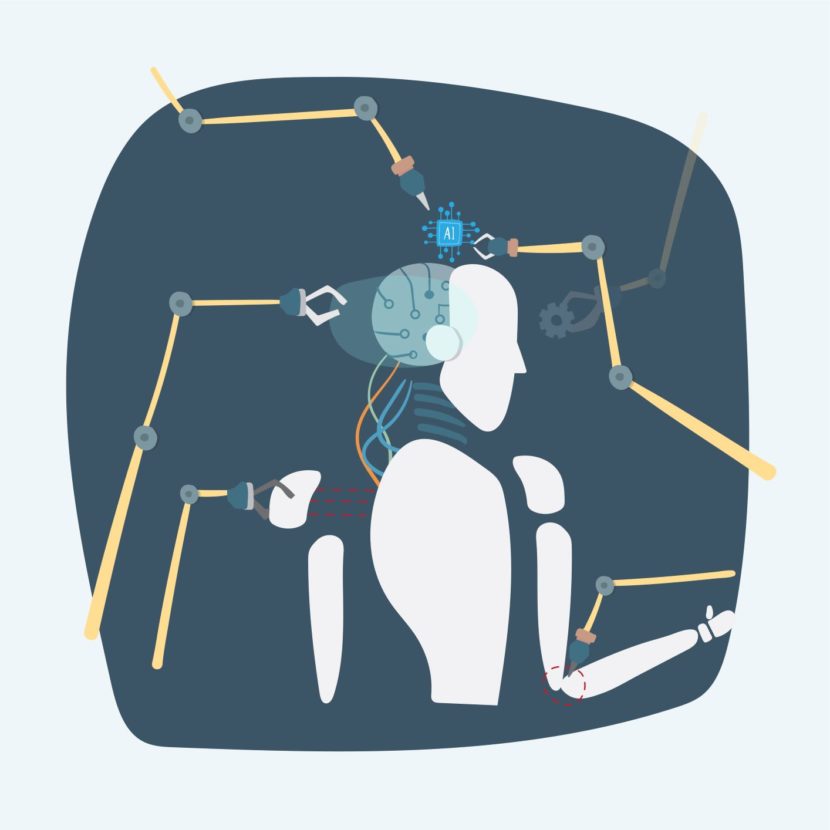
Mind Uploading: The Key to Eternal Life?
Is it possible to upload your brain to a computer? Would your consciousness follow? Would it still be you? I talk to Dr. Michael Hauskeller about mind uploading, immortality, and consciousness.
Reversing Climate Change: Turning CO2 Into Rock
Can we reverse climate change? Today we talk to two scientists from Reykjavik Energy, Dr. Kári Helgason and Dr. Bergur Sigfússon. They work to take greenhouse and toxic gases and turn them into a rock in a project called CarbFix.
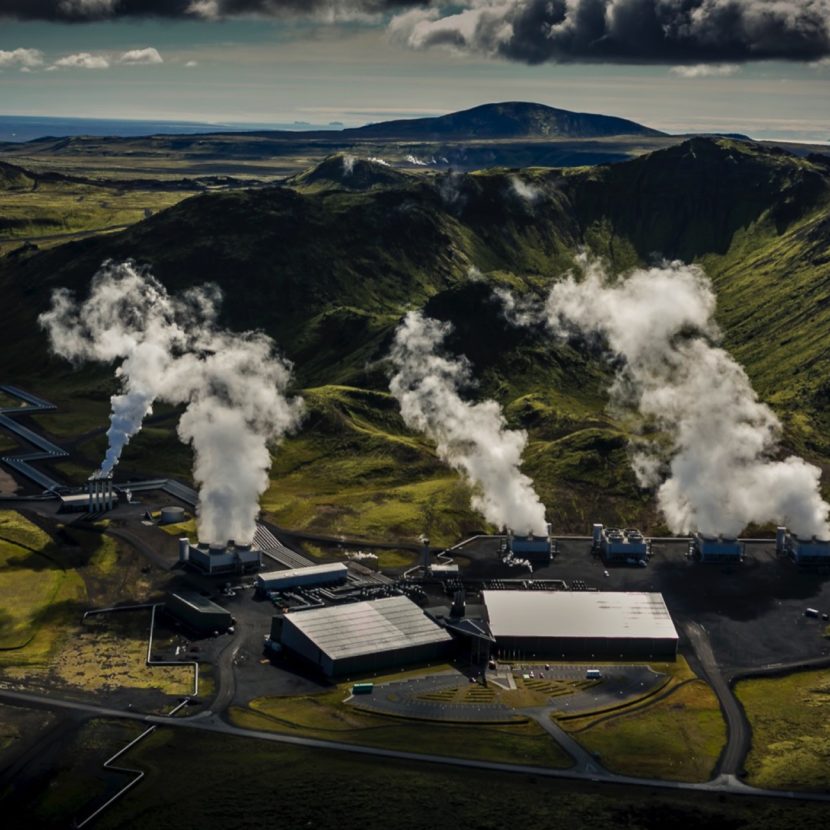
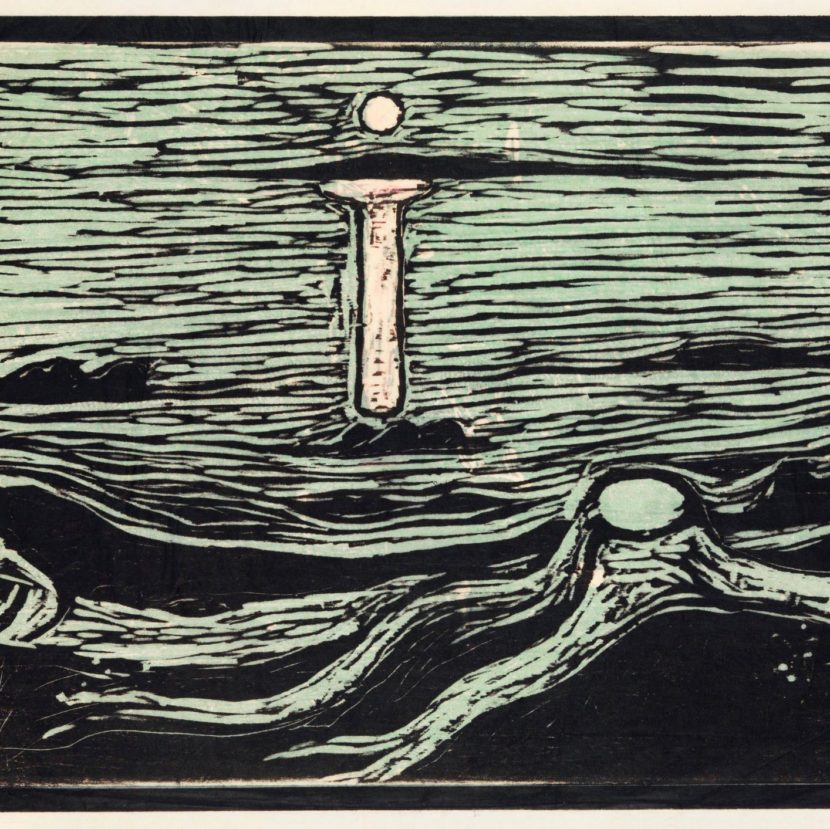
Epileptics with Mystical Experiences
Imagine having an experience that changes your life, where you feel as if you are filled with love, you touch the divine, or you understand the Universe. Now imagine that this is the result of an epileptic seizure. I’m joined with Dr. Joseph Tennant to discuss epileptics who have mystical experiences during their seizures.
Hack My Heart
When we accept tech into our lives, we often sacrifice a small piece of our privacy. But if we want complete privacy, we can always leave our tech at home. What about people who have tech embedded within them, and who need it to live? Today we talk to Dr. Marie Moe, a cyborg who is also involved in information security about the privacy concerns and hackability of her own pacemaker.

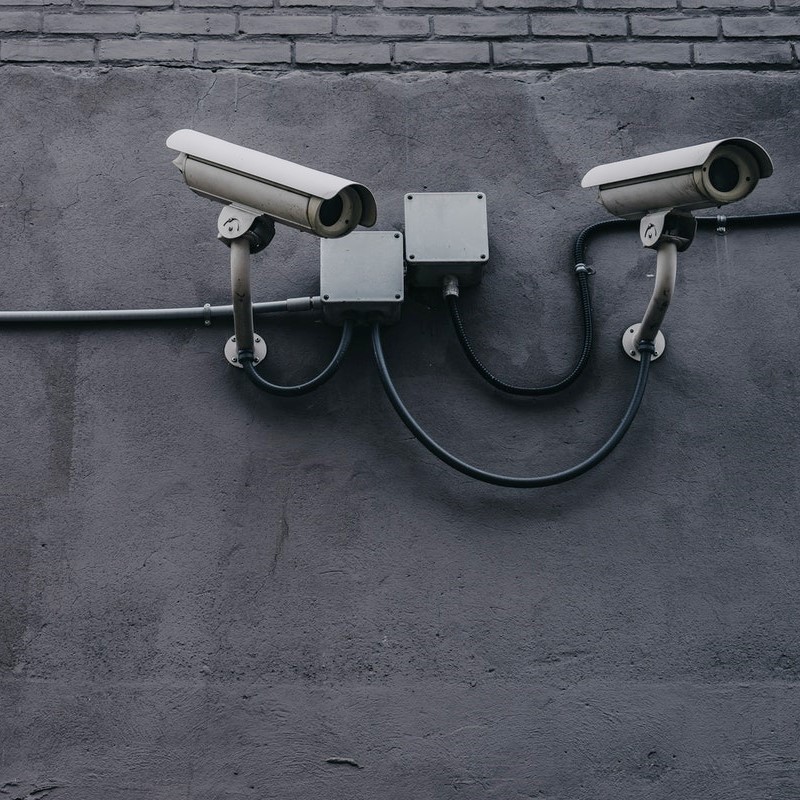
Cameras that can See Around Corners
Today we’re talking to David Lindell, a PhD student in the Stanford Computational Imaging Lab. He and his group are making a camera that can see around corners and through objects, which has amazing applications for things like self-driving cars.
They’re Not Speaking English – Decoding a Message from ET
If we were to hear a message from extraterrestrials, how would we go about decoding it? And what’s the best way to send our own message? Today we talk to Dr. Sheri Wells-Jensen, a xenolinguist, who studies aliens languages.
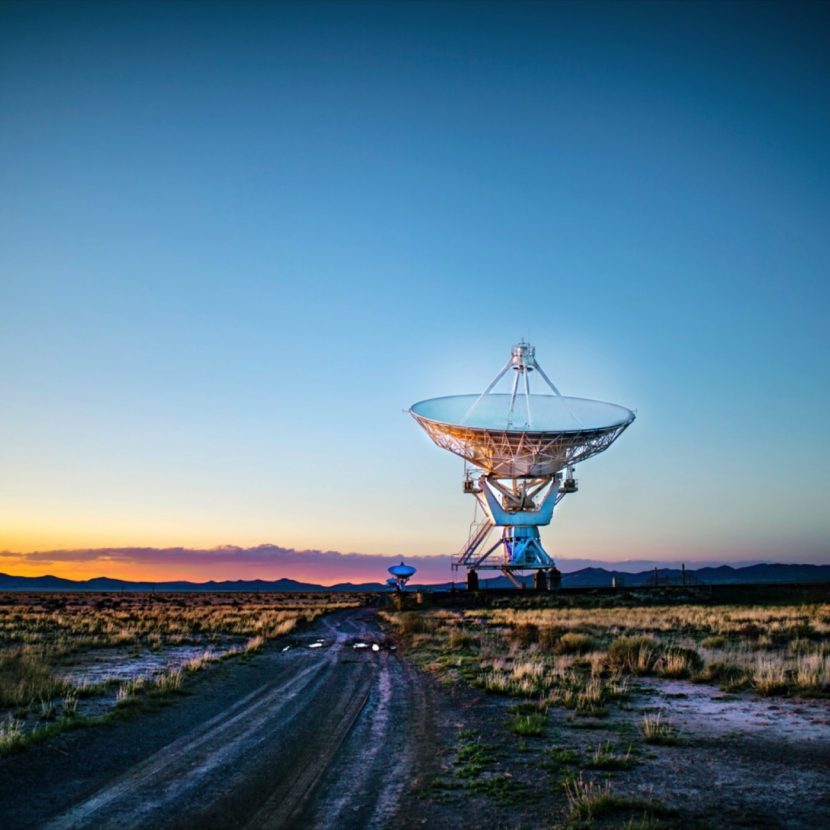
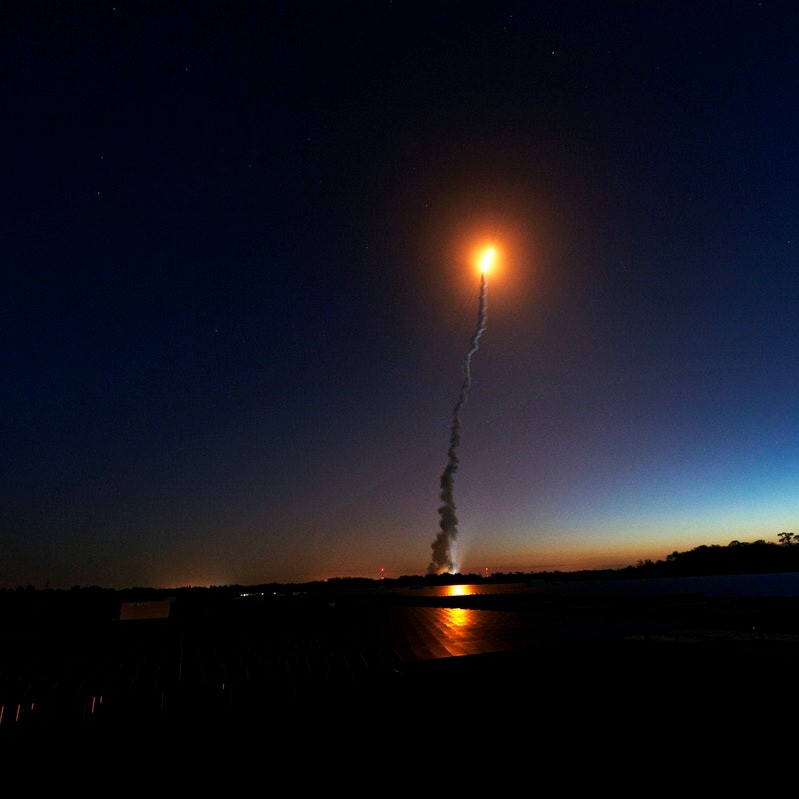
Space Industry – A Future in the Stars
We first set foot on the moon 50 years ago. A lot has changes since then. Dr. Jim Bell joins us from the School of Earth and Space Exploration at Arizona State University to talk about how space industry is changing, the future of corporations in space, how governments, companies, and academia will all have a part, and even space tourism!
What the Future May Hold: The Future of Technology
Brian David Johnson is a futurist. He looks at a combination of ethnographic data, history, technological trends, and scientific knowledge to help companies and groups see what’s in store for the next decade or two. We talk about what the future may hold, how social media will continue to influence us, how cyberthreats will change in the future, if the technological singularity is real, and if we should fear the future.
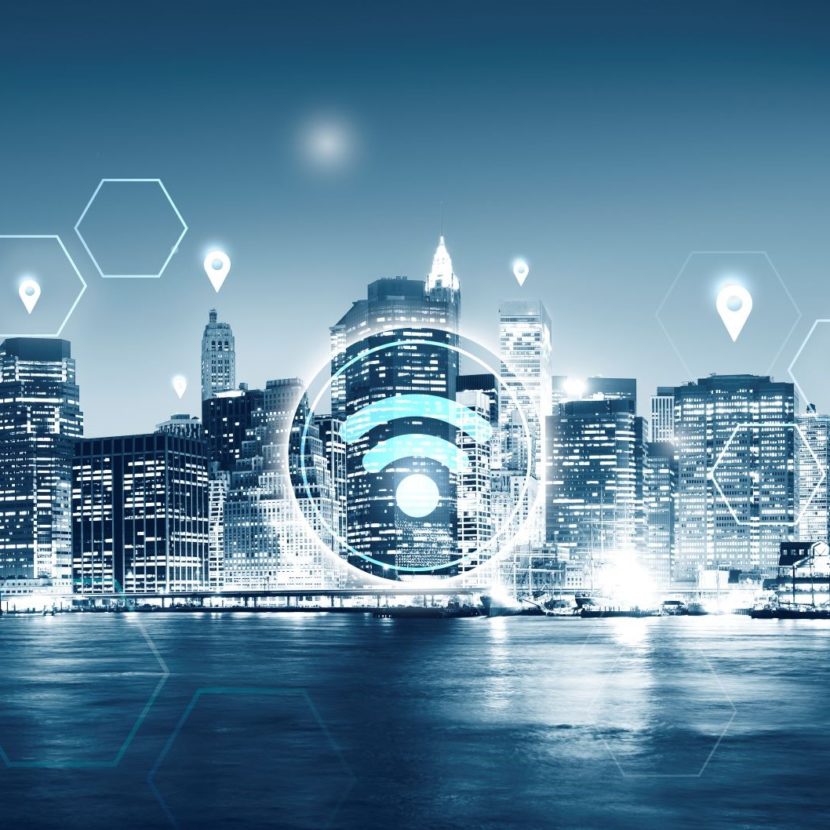
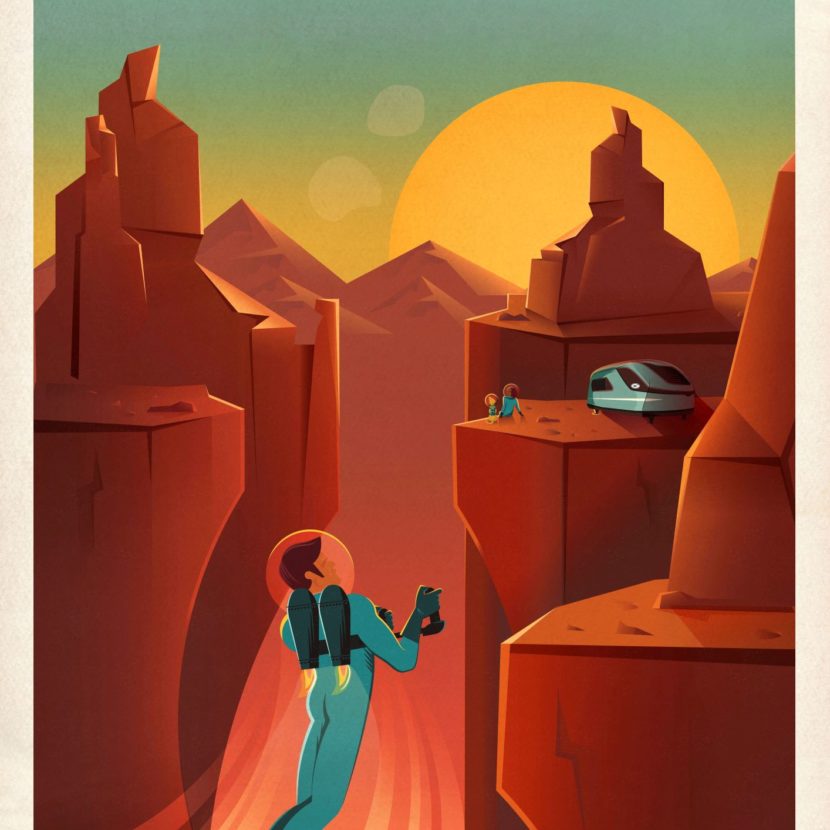
The Plausibility of Implausible Science Fiction
Today we look at the plausibility of some implausible science fiction concepts. Can the transporter from Star Trek or an invisibility cloak from Harry Potter really exist? Can we hope to build a space elevator? And should we fear the singularity, asteroid impacts, or sharknados?
Thriving with Autism through Art
What is it like to live with autism? How can autistic adults make a living, especially those with non-verbal autism? Today we talk to Colin Weiss and Harish Bikmal about the science of autism, and how art is helping those with autism and their families.

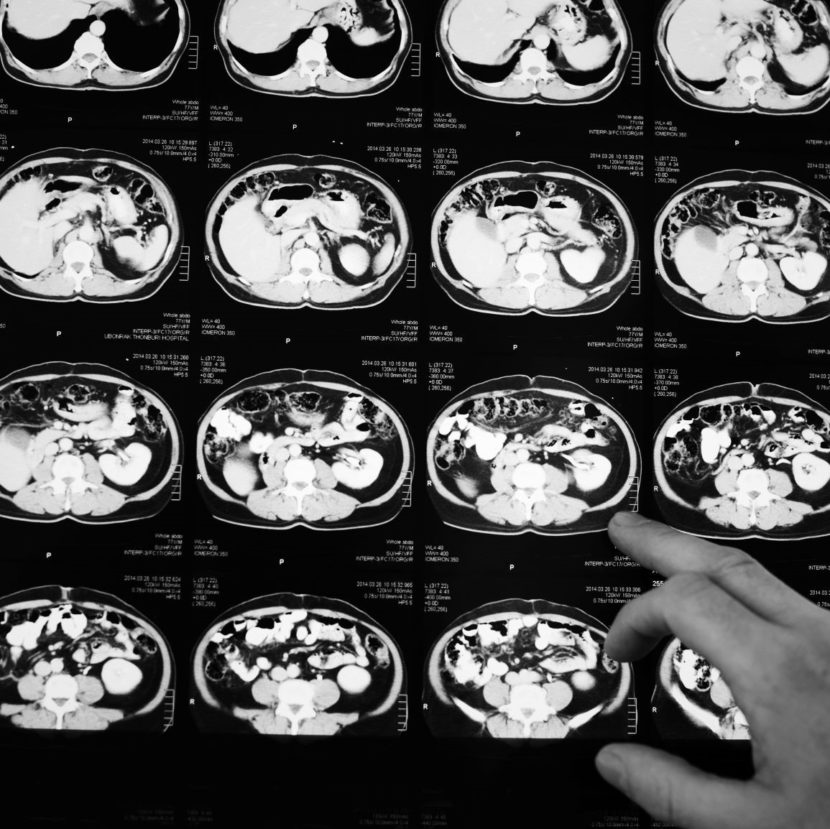
Deep Brain Stimulation
If a controversial treatment that would potentially alter who you are is the only treatment for your disease, do you accept therapy? Today we are joined by Dr. Laura Cabrera from Michigan State University to discuss the ethics of deep brain stimulation.
Improving Women’s Healthcare: The Calla Campaign
How can we improve women’s healthcare? Lack of access, shame and fear of exams, and lack of information are all reasons that women do not receive the care they deserve. Today we talk to Libby Dotson and Andrea Kim from the Center for Global Women’s Health Technologies about how technology can improve women’s health through the Calla Campaign.


Technology and the Notre Dame Fire
Why was Notre Dame built the way it was? How did its structure, conceived in the 1100s, help prevent the recent fire from damaging even more of the cathedral than it did? We talk about technology of today and at the time when Notre Dame was built, how the church may be reconstructed, and how laser scans may be of help.
Science, Religion, and Evolution
Today we talk to religious leaders from a range of faiths on science and religion, and how these two worldview can come together. We also discuss the Clergy Letter Project and Evolution Weekend.
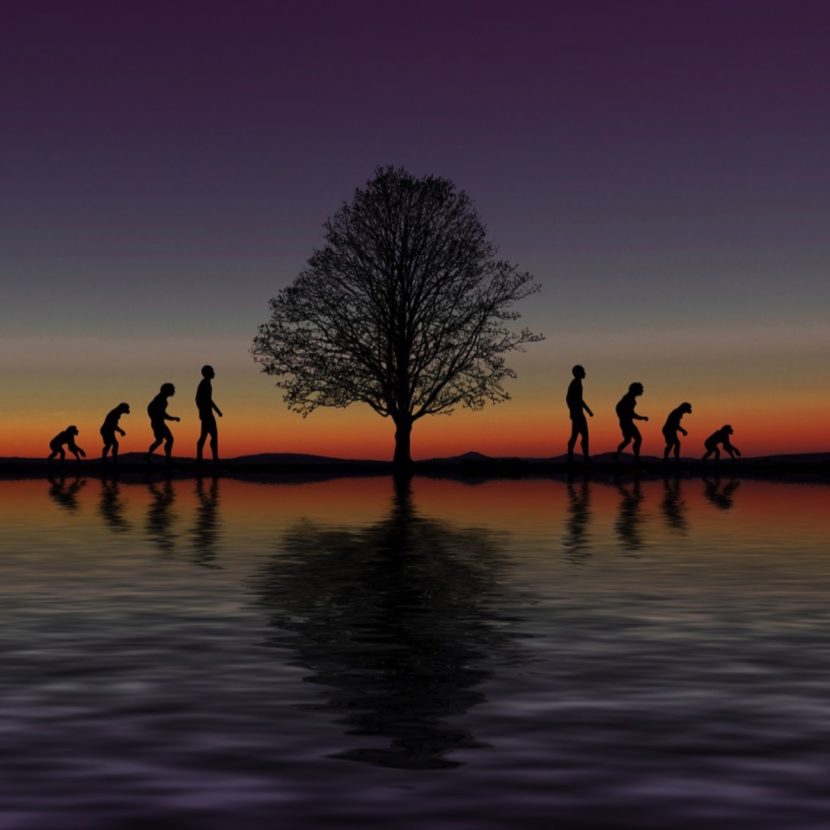
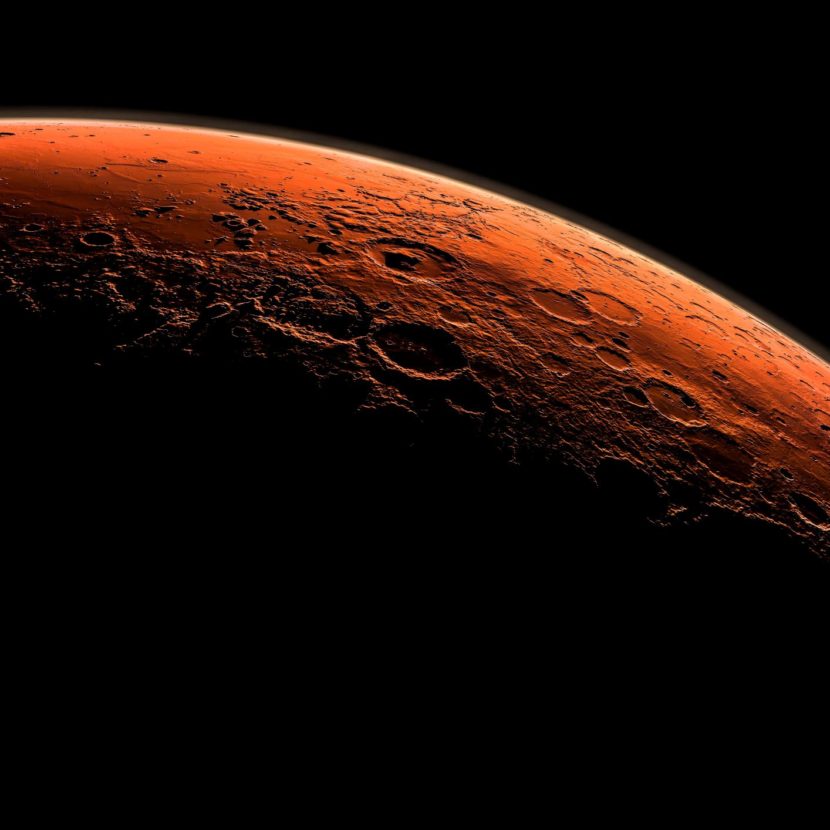
Climate Change on Alien Worlds
Today on the podcast we talk to Dr. Adam Frank about climate change on alien worlds, and how we can use them to see what the future holds for Earth.
Who Are You Anyways? Does Dementia and Alzheimer’s Change Who You Are?
Does dementia and Alzheimer’s change who you are? Today we talk to Dr. Nina Strohminger about how loved ones see patients with diseases of the mind change.

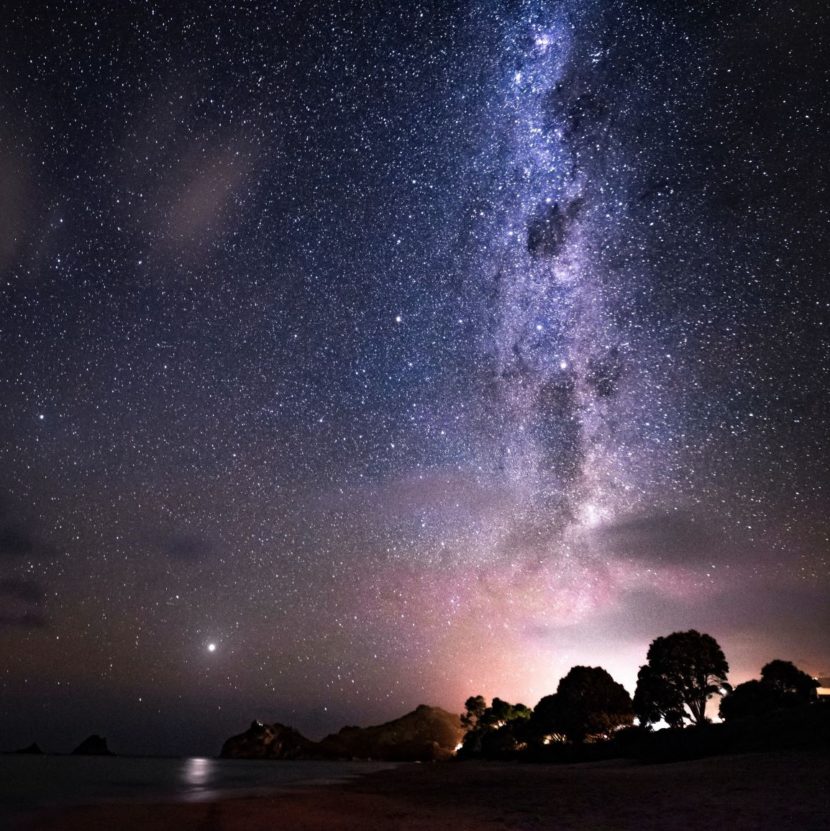
The Future of the Universe
What is the far future of the Universe? Today we are joined by Dr. Avi Loeb and Dr. Ethan Siegel to discuss the future of our sun, and our Galaxy, if black holes will last forever, and what the Universe will be like once the stars burn out.

